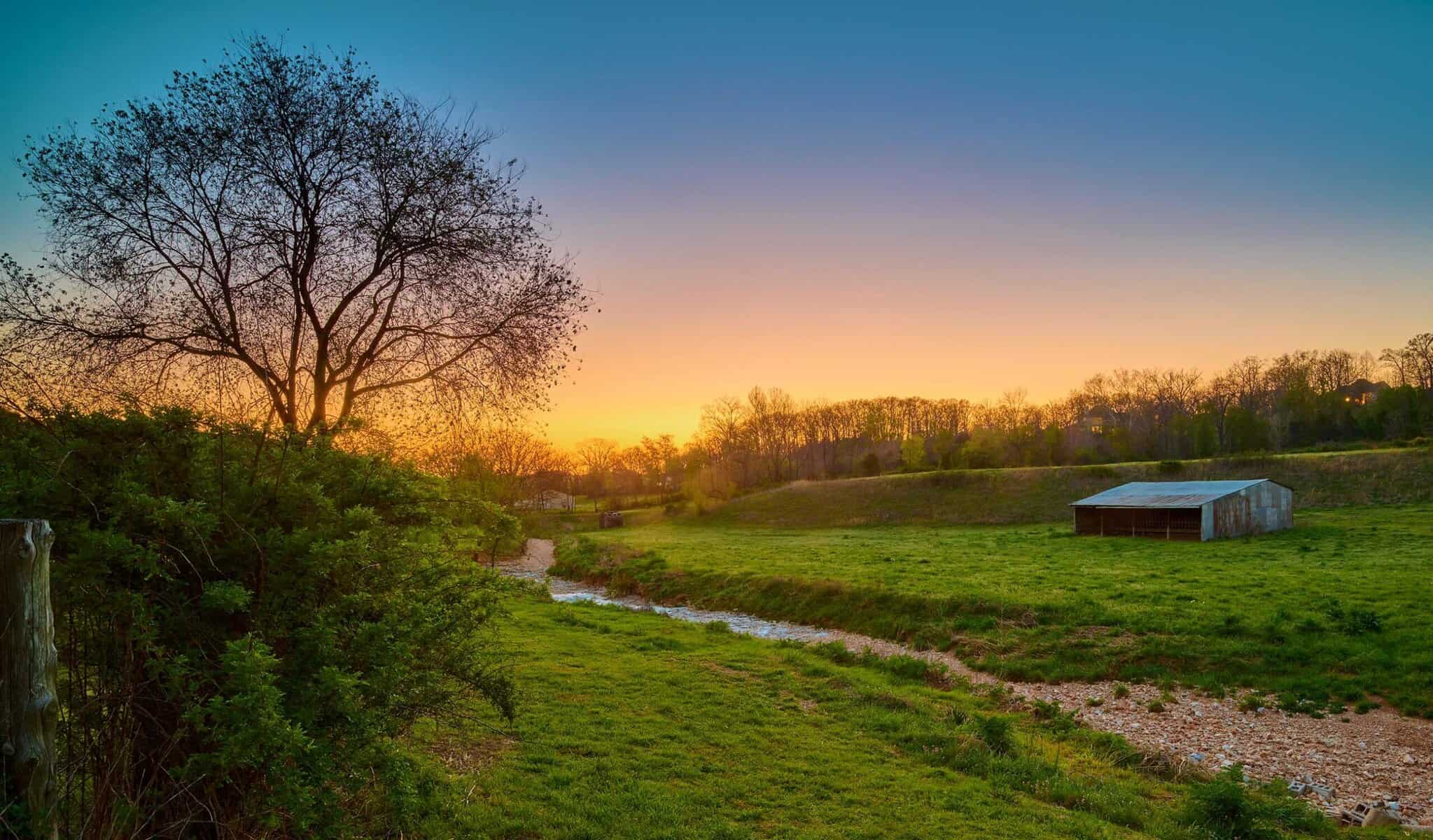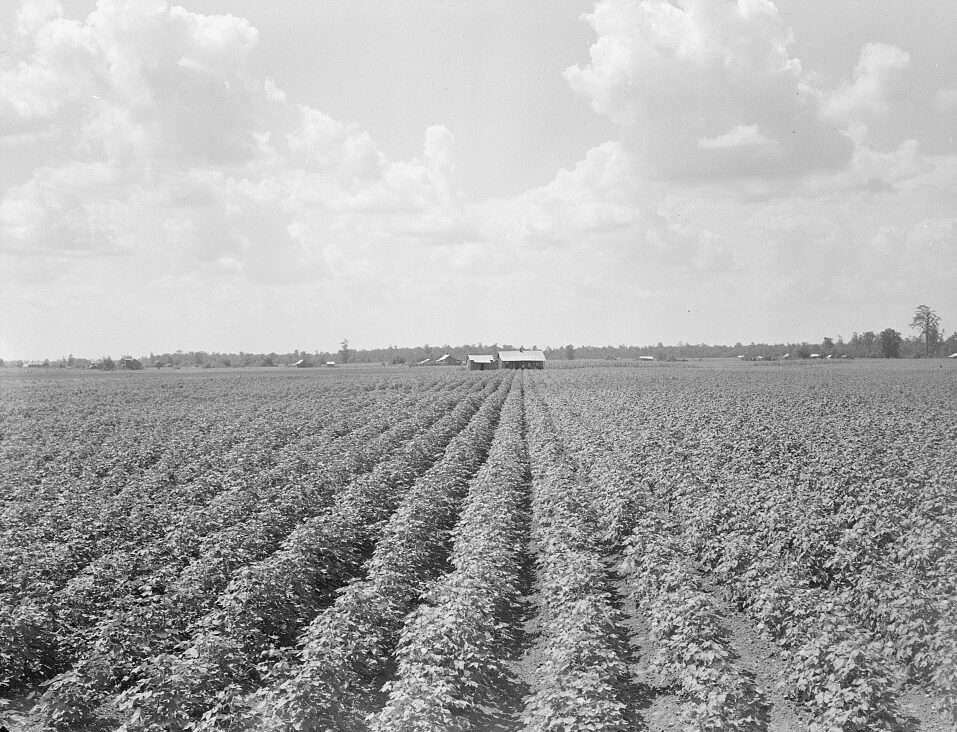A clamor that threatens Arkansas’s rural life.
Rolling hills. Rice fields. Delta mud.
There’s just something about Arkansas’s rural landscapes, where the rhythm of life is measured by the seasons. Here, neighbors still greet each other with a warm smile and a firm handshake. Community is built from shared hardship and triumph. It is a place where the simple pleasures of life take precedence over the clamor of ambition.
Yet it is exactly a clamor that threatens our rural way of life.
The threat is the insidious, unending hum of technology — crypto mining — which is encroaching upon the sanctity of the Arkansas countryside.
Rural life is when humanity beats in harmony with the land. Despite modern technological advances in agriculture or the expansion of commercialism, rural life in Arkansas is still rooted in simplicity and connection to the earth. It is still a place where the land lives and breathes.
But now our rural spaces are menaced by crypto mining, which interrupts the balance between humans and the land.
Crypto mining, with its voracious appetite for energy and its relentless pursuit of profit, has set its sights on our rural spaces. Drawn by the promise of cheap electricity and vast expanses of available land, crypto mining operations — large swaths of computer farms —descend upon our communities like modern-day prospectors, seeking to extract digital gold from the blockchain.
As a result, Arkansas’s rural landscape is turned into fields of digital industrialization. And the noise, the relentless white noise of these computer farms… the tranquility that is rural life is shattered by the ceaseless hum of machinery, twenty four hours a day, seven days a week.
But perhaps the greatest danger these crypto mines pose is not just the physical transformation of the land, but in the erosion of rural culture itself. In the rush to exploit the resources of Arkansas’s land, we risk losing something more precious — the intangible sanctity of rural space.
Arkansans are deeply rooted in their rural communities. They understand that the beauty of these places lies not solely in their economic potential, but in their ability to nourish, to abide, and to connect us to something greater than ourselves. They remind us that rural Arkansas is not just a landscape to be exploited, but is rather made up of living, breathing spaces.
As we confront the threat of crypto mining in our rural communities, let us recognize the value of what we stand to lose.



